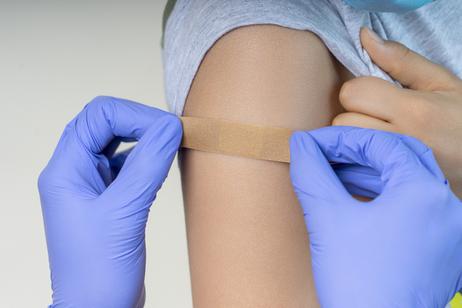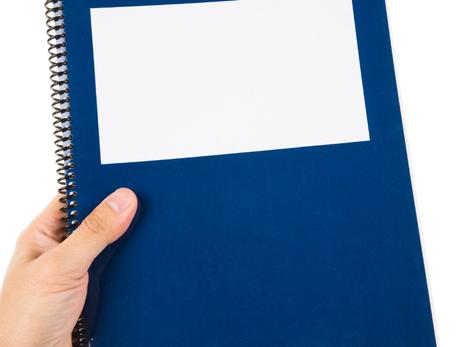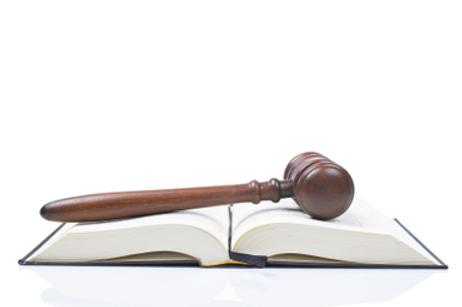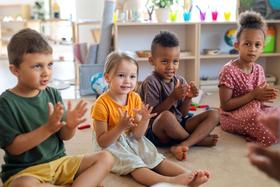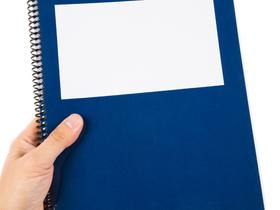I grew up when polio, whooping cough, and chicken pox were the diseases parents dreaded. I remember getting shots in August before school started. That doctor's visit always seemed to be combined with visits to the shoe store for a new pair of black leather school shoes, the department store for a new pair of grey dress shorts, white shirts, and a school tie. Yes, the Westmount Public Schools had a uniform code back then.
Fast forward to the 21st century when 99% of private schools will require your children to be vaccinated. I was curious about where things stand. Here's what I discovered.
What entity requires vaccinations?
The department of health in each state publishes a list of vaccinations required by law for children. It also will list recommended immunizations. The wording will vary from state to state, of course. For example, North Carolina's K-12 School Requirements spells out the vaccinations required at each age level. It also provides details about why a particular vaccination is required and links to further information from authoritative sources such as the Centers for Disease Control.
This video reports on the vaccinations required for children attending school.
Which vaccinations are commonly needed?
The major Los Angeles healthcare organization Cedars-Sinai offers a list of immunizations needed for students ages 7 to 12.
- 4 doses diphtheria, tetanus and pertussis (DTaP, DTP, DT, Tdap or Td); 3 doses

